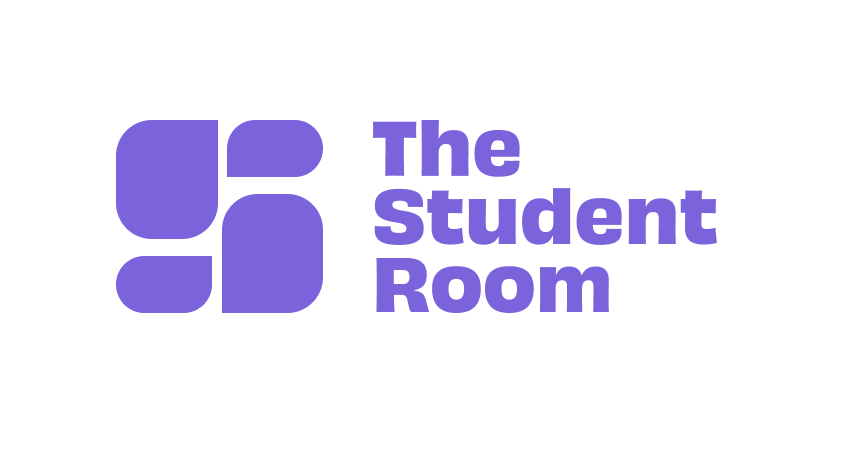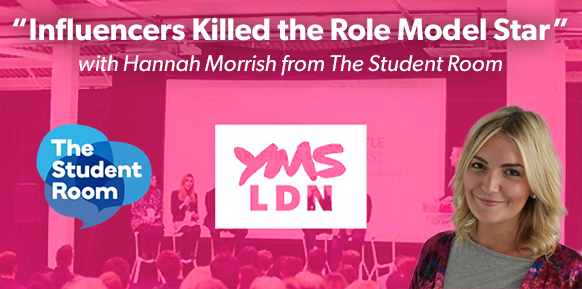YMS round up – Worlds leading youth marketing festival
Last week, we arrived at YMS19, the world’s leading youth marketing festival, where Hannah Morrish took to the main to deliver the keynote ‘Influencer killed the role model star – who inspires gen Z?’.
Generation of talkers and sharers
Hannah introduced Gen Z as ‘a generation of talkers and sharers’ who are using tech to connect and find like-minded humans, on a similar journey, consuming the media and content that normalises how they feel and helps them make decisions.
The gift of the internet means they have the space to step out of their echo chamber and explore how other people live – this is the first generation that has access to so many different worlds, so many ways to live, to make money, to travel and to learn. But this also can create fear, fear of judgement, of what will happen if they go against the grain. It’s no wonder then, that authenticity feels so reassuring to this generation, an open-minded bunch who are empathetic of each other’s vulnerabilities and challenges.
But there is also a dark side, as we approached the tenth anniversary of smartphones last August Ofcom reported a worrying range of results:
- People are now online for an average of 24 hours a week
- 16-24-year-olds average 34.3 hours a week online
- 15-24-year-olds spend on average four hours a day on their phone, checking their phones every 8.6 minutes – more than any other age group
- A fifth of 16-24-year-olds spend more than seven hours a day online every day of the week
The rise of digital depression?
Hannah shared that we’re potentially now seeing the rise of digital depression.
‘The Millennium Cohort’ study showed depression in girls was linked to higher use of social media. The study shared 40% of girls who spent more than five hours a day on social media showed signs of depression. We’re seeing a connection on The Student Room; between June and October last year, our mental health forum alone generated over 350,000 pageviews, 42% up year-on-year and the number of questions created in the same timeframe was also up 34% year on year.
This, from @Hannah_Morrish and @thestudentroom is horrifying. #yms19 pic.twitter.com/FDu8kbkvis
— Charlotte Steggz ☕ (@charlottesteggz) 16 April 2019
Hannah raised the point that if young people are online for 4-7 hours a day, who are they engaging with and how might that be affecting how they feel about themselves now and their future?
This is important because the people we surround ourselves with are the biggest influence on our behaviour, attitudes and who we become. As motivational speaker Jim Rohn said:
“You are the average of the five people you spend the most time with.”
Similarly, Darren Hardy wrote in The Compound Effect:
“The people you hang out with determine as much as 95% of your success or failure in life.”
Role Model vs Influencer
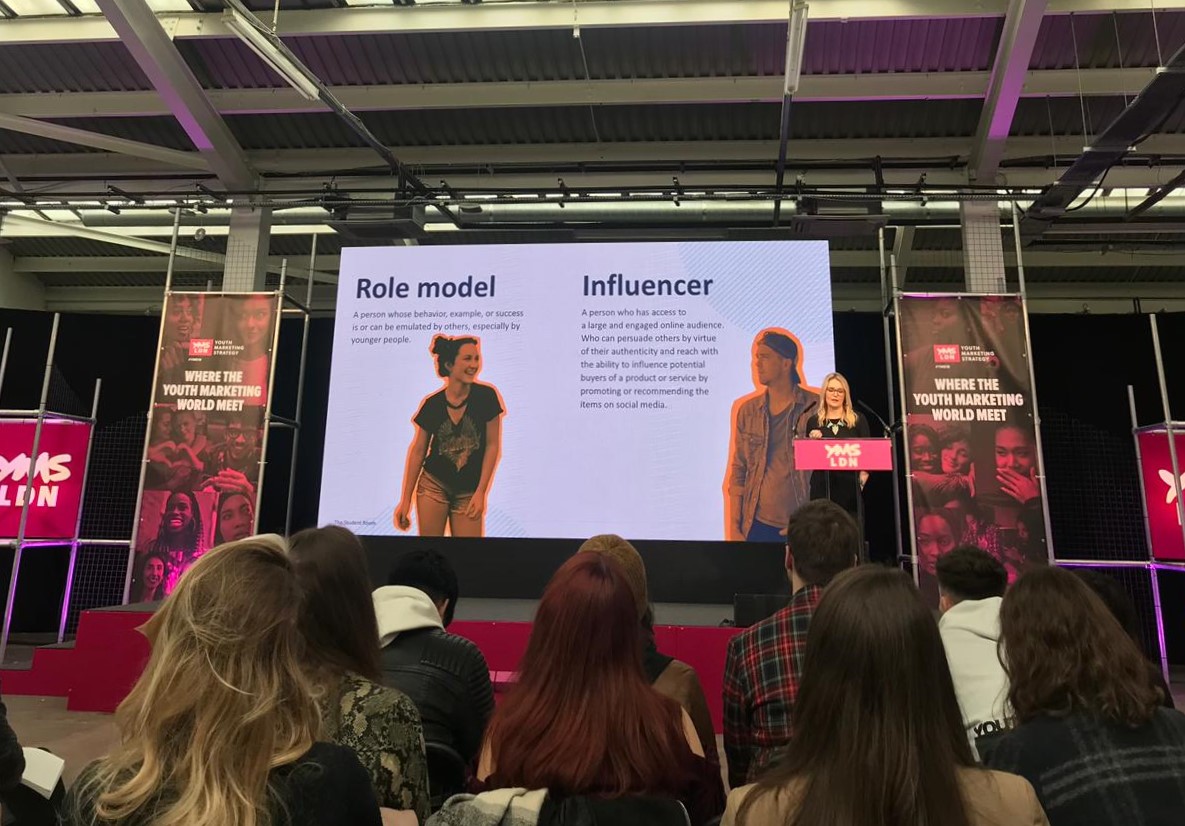
So, in a comparison fuelled world are young people inspired by the modern-day influencer? Or left feeling high and dry, feeling part less than, part green eyed-monster, overwhelmed by a lacking mentality.
We asked our student community who they look up to and here’s what they told us:
- 26% know their role model
- 25% have a ‘famous’ model
- 49% don’t have a role model
This is a generation that accepts everyone has flaws and no one is perfect. But does that really mean that the role model archetype is no longer relevant?
Because The Student Room is largely anonymous, we are a trusted platform supporting a diverse student audience at some of the most important points of their young lives – we find they are exceptionally honest with us and share their thoughts and opinions openly.
The narrative that flowed was “everyone has flaws, so they can’t be a role model”. But doesn’t everyone have flaws? Hannah asked do young people really want 360 perfection? Or does the idea of a role model just no longer resonate?
Hannah shared some statements to consider as a marketer when considering working with ‘influencers’.
Really great, debate-informing discussion from @hannah__morrish about the concepts of ‘role model’ vs ‘influencer’ for young people. #YMS19 pic.twitter.com/tvDmGmm13g
— DC (@dan_neopolitan) 16 April 2019
The modern-day role model
Influencer is a widely used marketing term, but by using it so frequently, are we limiting that human’s potential to become a respected role model?
They are people with huge online followings, self-made, they have been identified by their audience as someone special – they must have done something over time that has inspired, resonated or been relatable. For brands this might make them a prospective influencer – but does that make them a role model for this generation?
A poll on The Student Room showed that over 70% thought social influencers are the new celebrity endorser. This generation isn’t looking up for inspiration it’s looking along, they are looking to their peers – those relatable people who are walking in a similar direction, going through similar stuff. And in the age of accountability influencing with integrity is paramount.
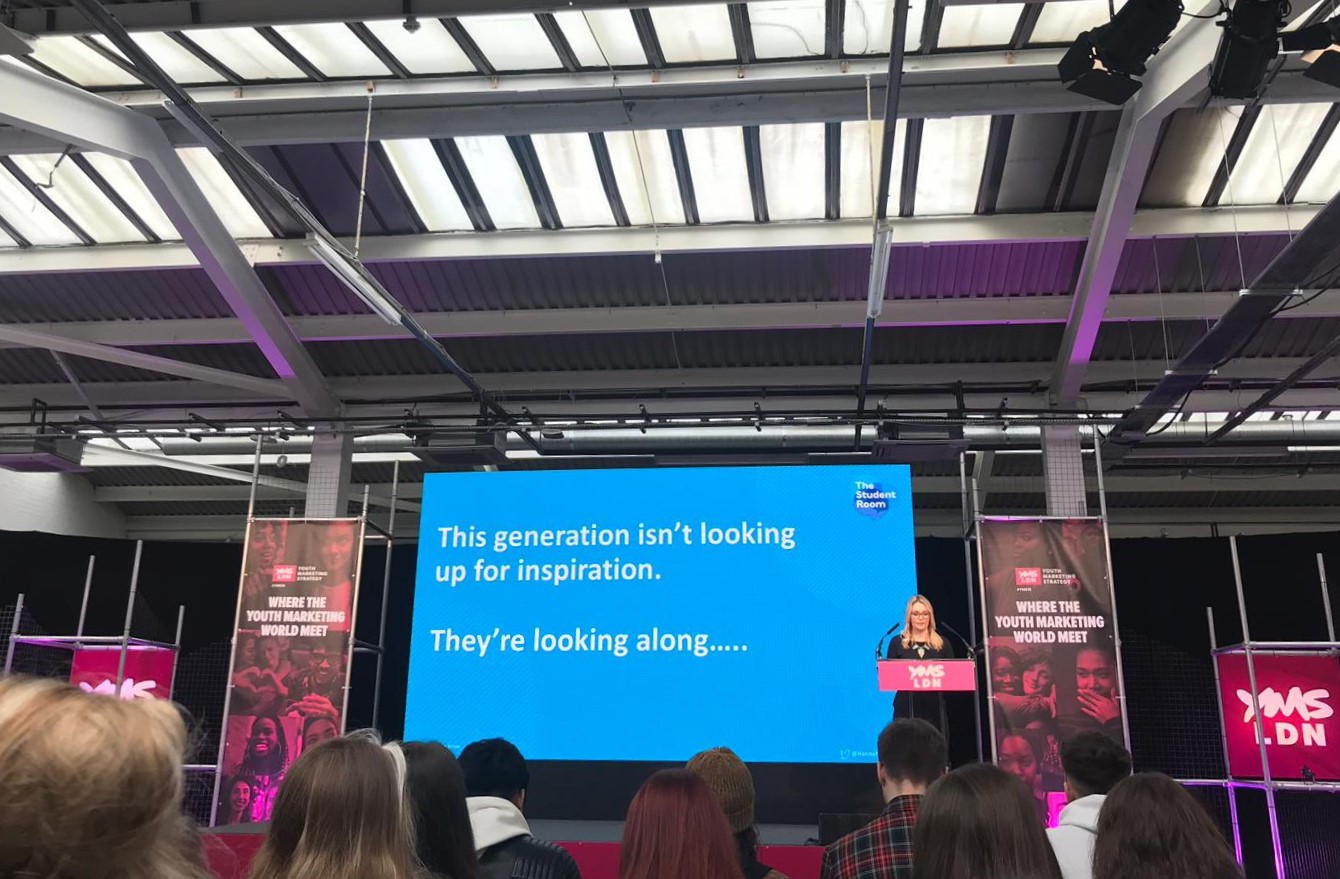
Michelle Obama once said “find people who will make you better” – if young people are checking their phones every 8.6 minutes and on social media between 4-7 hours a day, they need to be connected to positive role models.
Brands cannot control their phone activity, but they can act with humanity, working with humans who are naturally role modelling behaviours this generation needs to see to make a positive change to this world.
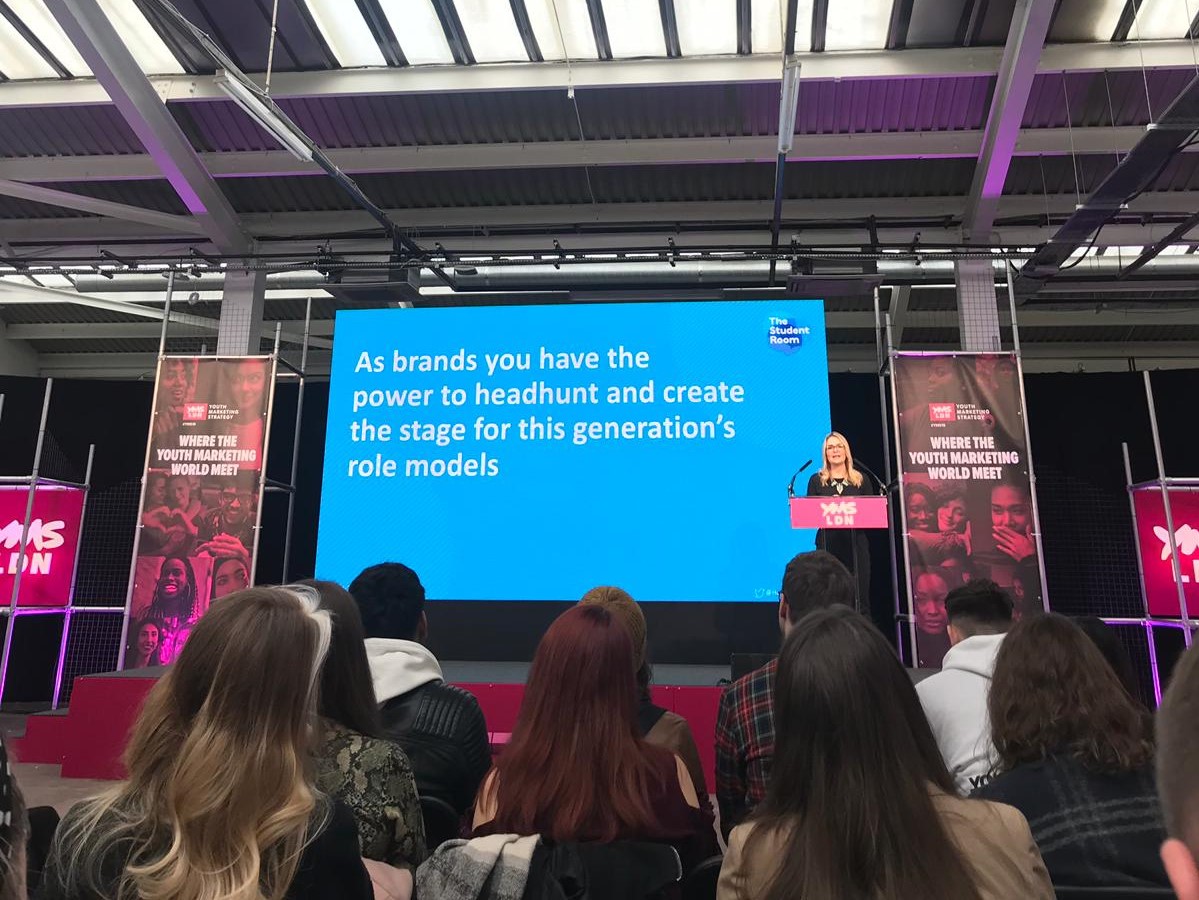
Hannah reminded the audience that this generation needs to know that they matter, they need to be surrounded by positive messages, that remind them of their limitless potential, that nourish and nurture their determination, their focus, that cultivates a growth mindset, to find fulfilment by being themselves, that connects them to their why, embodying their true self.
For this generation role modelling is not about becoming the person they feel inspired by, instead referring to those online personalities to understand themselves a little deeper and make the most of who they are.
Example is not the main thing in influencing others it’s the only thing, that’s why having role models in modern-day society are so important.
Hannah closed by encouraging brands and those considering using influencers in the future to follow this approach:
“Human First
Role model second
Influencer third.”
Find out more about how brands can resonate and build trust with young people.
